The Surprising Benefit of Not Setting Goals: Why I'm Trying Un-Goals Instead
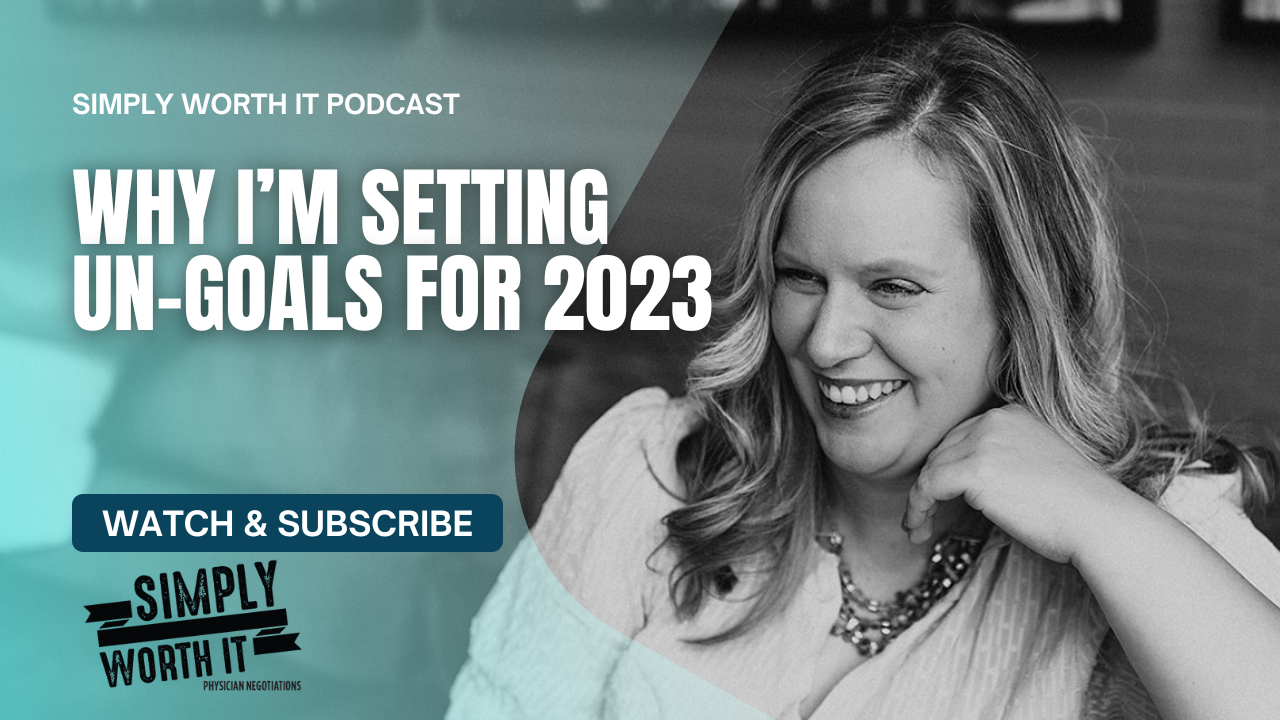
From finishing med school to reaching a certain income level, most of us live our lives by outcome-based, tick-the-box goals - but what if this approach just limits us?
We’ve been indoctrinated with the idea of setting goals, but having such concrete resolutions can rob us of opportunities to fully enrich our lives.
How do we shift from hard-coded goals to a driving principle for the year?
How do we hold our lives to something less tangible?
In this episode, I share why in 2023, I’m trying un-goals on for size.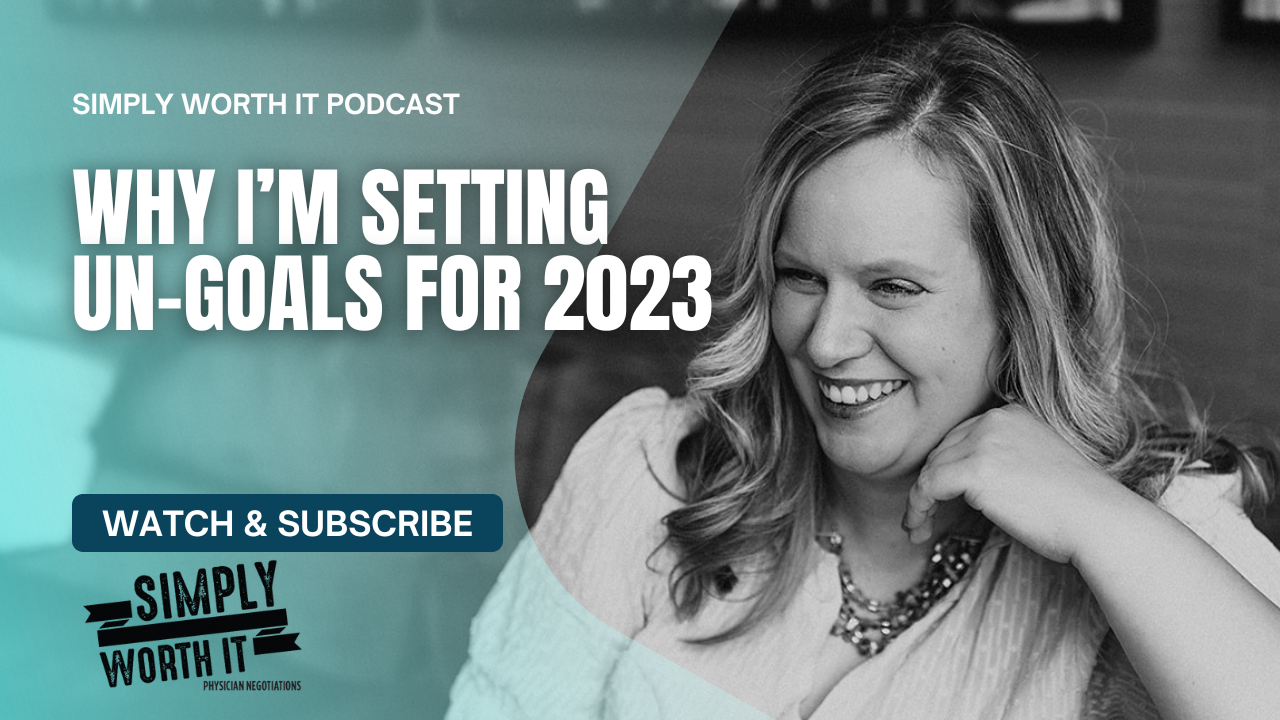
Three Things You’ll Learn In This Episode
- Why goals can keep us from our highest potential
Can we still make amazing things happen without an outcome pulling us? - How to hold yourself accountable to something intangible
If you thrive around the structure of a concrete goal how do you stay motivated? - How to live towards your values
Once we’ve set our un-goal for the year, how can you modify the different buckets of our lives to align with it?
Survival Mode: When Does It Help Us & When Does It Work Against Us?
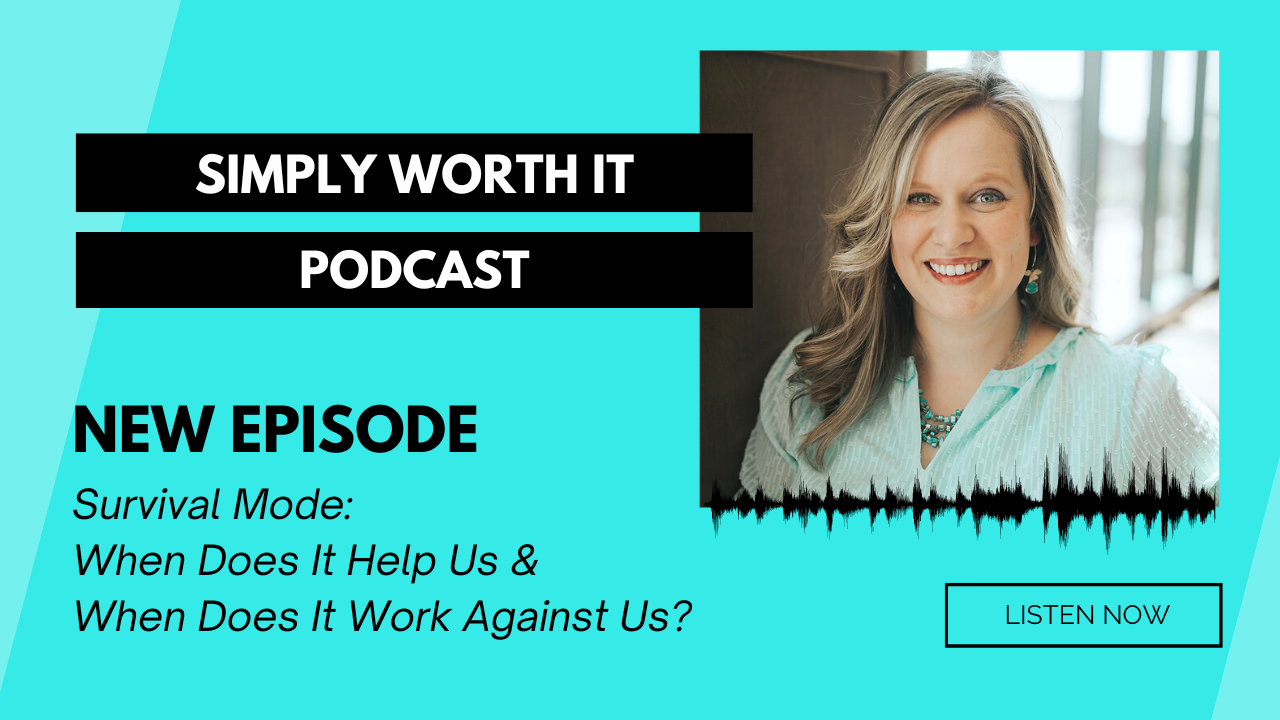
‘Tis the season for functioning in survival mode.
With busy schedules, to-do lists, holiday plans, and the usual end-of-year stuff, sometimes all we can muster is just “good enough”.
We can’t always be in peak achievement mode, and that’s okay.
But when survival mode becomes less a temporary phase, and more a chronic state of being, there’s a problem.
How can we tell if survival mode is becoming more maladaptive and toxic?
What can we do when we’re stuck in survival mode?
In this episode, I share what a long-term state of survival tells us and what we can do about it.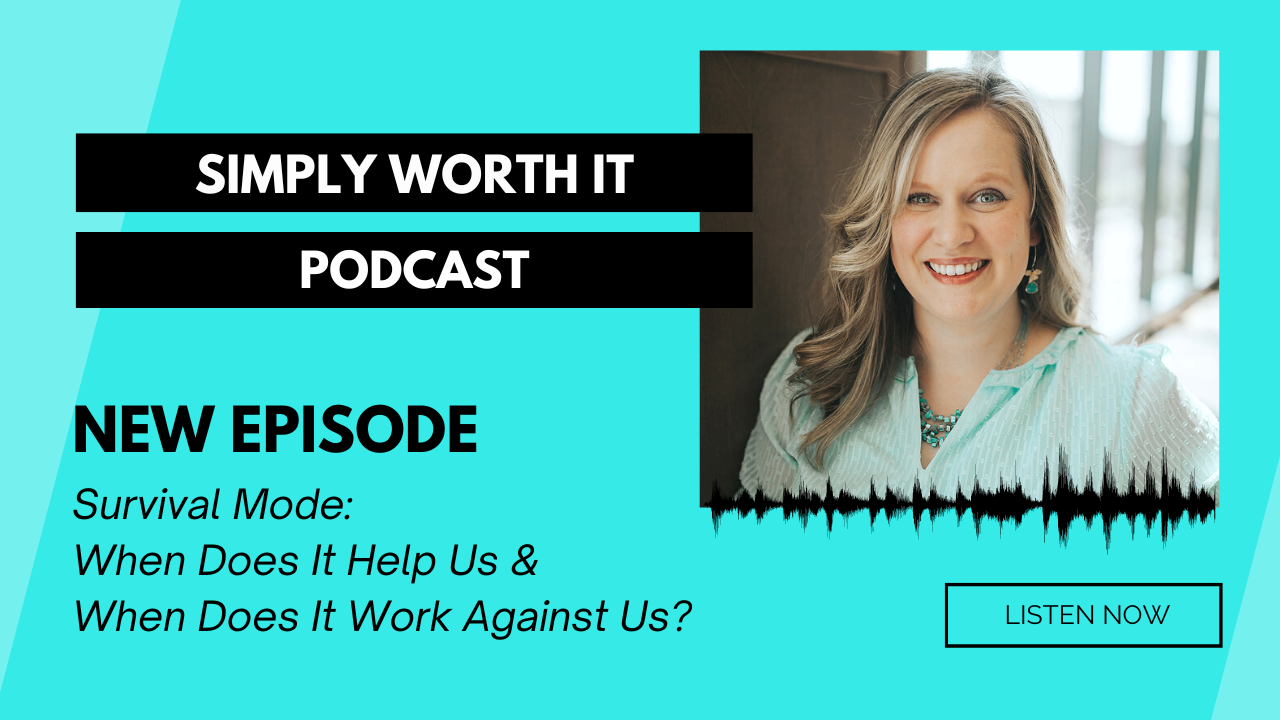
Three Things You’ll Learn In This Episode
- The good thing about survival mode
Is working in survival mode ever acceptable? - Chronic survival mode vs. hibernation
Sometimes we slow down to prepare for a big leap forward, but how do we make sure that’s what’s happening? - The giant caveat of functioning in survival mode
How can we tell if our survival mode is a symptom of something deeper and far more serious?
Don't Ignore Your Intuition: Why It Might Be Your Greatest Ally in a Negotiation
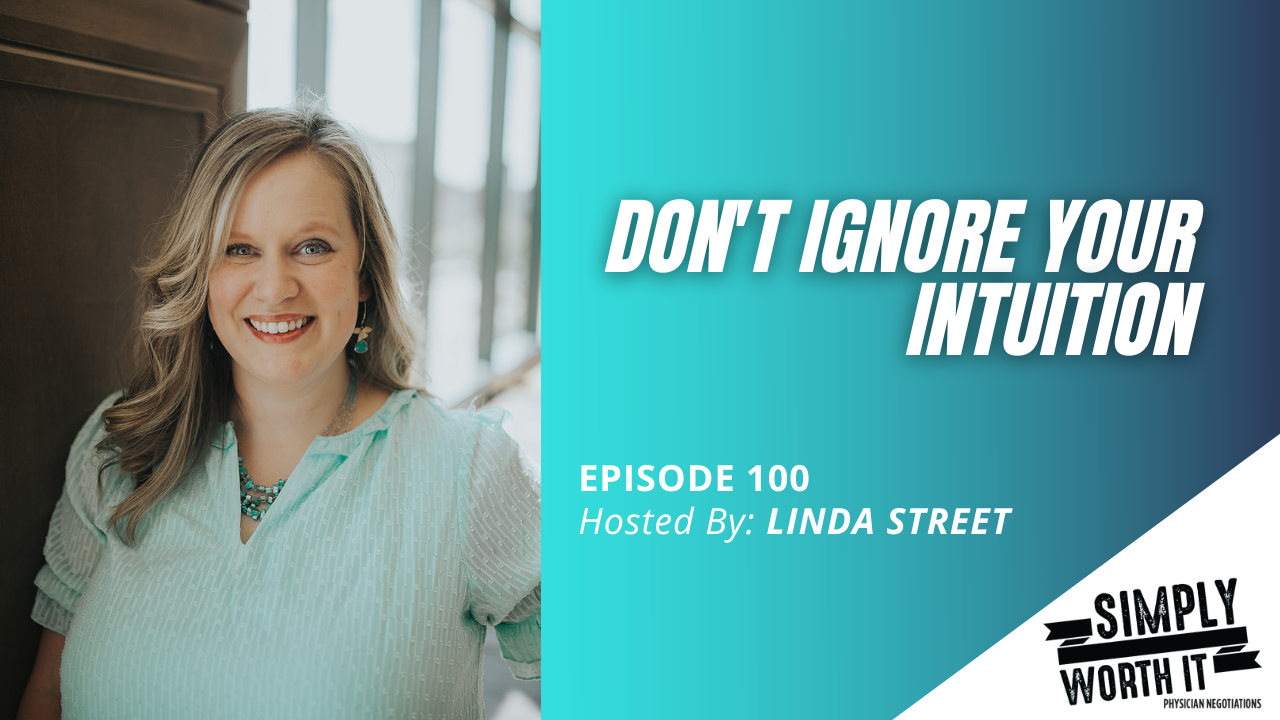
Call it gut instinct, a weird vibe, your sixth sense, or your brain picking up subtle cues, intuition is something we all have.
As physicians, we get so caught up in the logic of things, it’s really easy to shrug off a gut instinct as unreliable, but what if the little nagging feeling holds a lot more wisdom than you give it credit for?
In many ways, we subconsciously know what’s best for us, so ignoring our intuition can actually be detrimental.
Do our instincts provide useful information we should include in our decision-making?
How can our intuition serve us in a negotiation?
In this episode, I talk about why we shouldn’t dismiss our intuition before listening to what it has to say.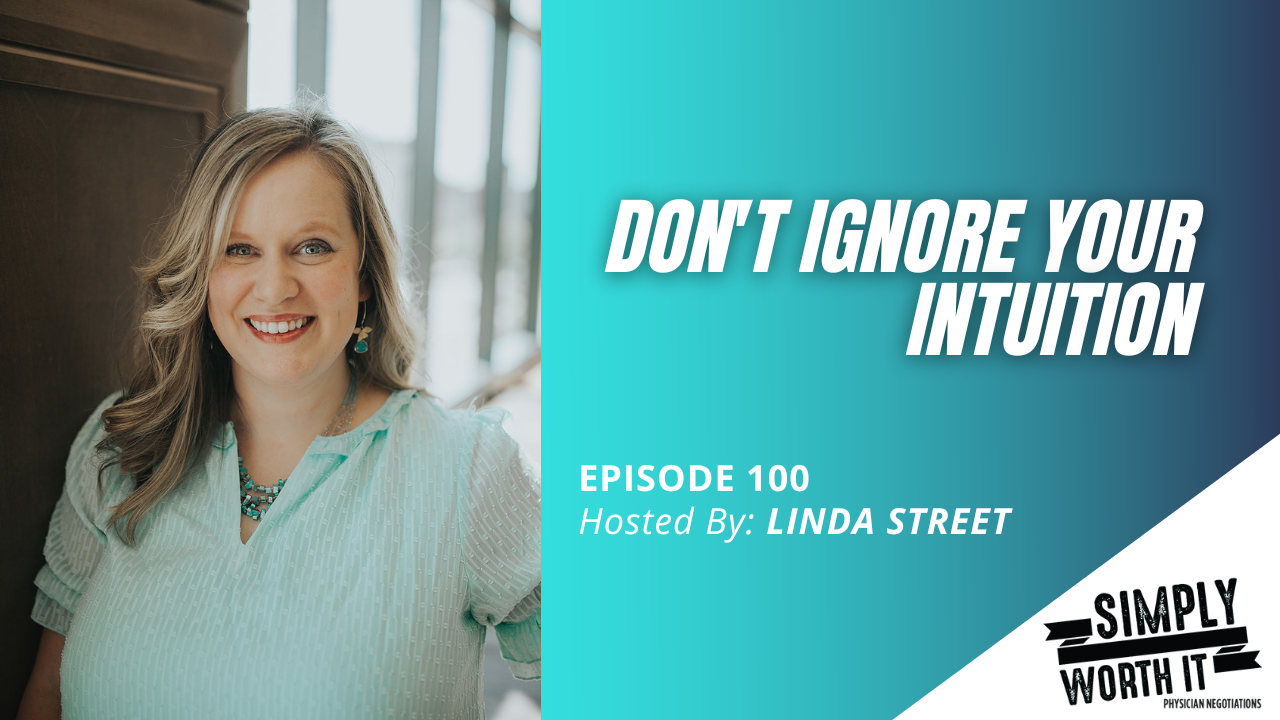
Three Things You’ll Learn In This Episode
- Why we shouldn’t underestimate our intuition
Intuition might not be as woo-woo as you think. Could those nagging feelings be backed by science? - Why your gut instinct serves you in a negotiation
Listening to your intuition doesn’t mean abandoning all logic, but ...
Holidays are Perfect for Transformational Conversations: Here's How to Make Them Happen with Ali Novitsky

Conversations - the ones we have with ourselves, and the ones we have with others - are such everyday, autopilot things, we can easily forget how powerful they can be.
By fine-tuning our conversational skills, we can tap into a world of possibilities and create moments of transformation, whether it’s in your next negotiation, or at the dinner table over the holidays.
What are the ingredients of a transformational conversation?
How do we get past the natural tendencies that make it hard for us to open up??
In this special throwback episode, I’m joined by certified life coach, fitness enthusiast, podcast host, and founder of Life Coaching For Women Physicians, Ali Novitsky.
We talk about the power of upping our conversational intelligence.
Three Things You’ll Learn In This Episode
- How to identify an opening for a transformational conversation
Is every interaction an opportunity to go beyond an informational exchange? - High trust vs. low trust conversations
Transformational conversations...
The Double-Edged Sword of Gratitude & How to Get on its Right Side
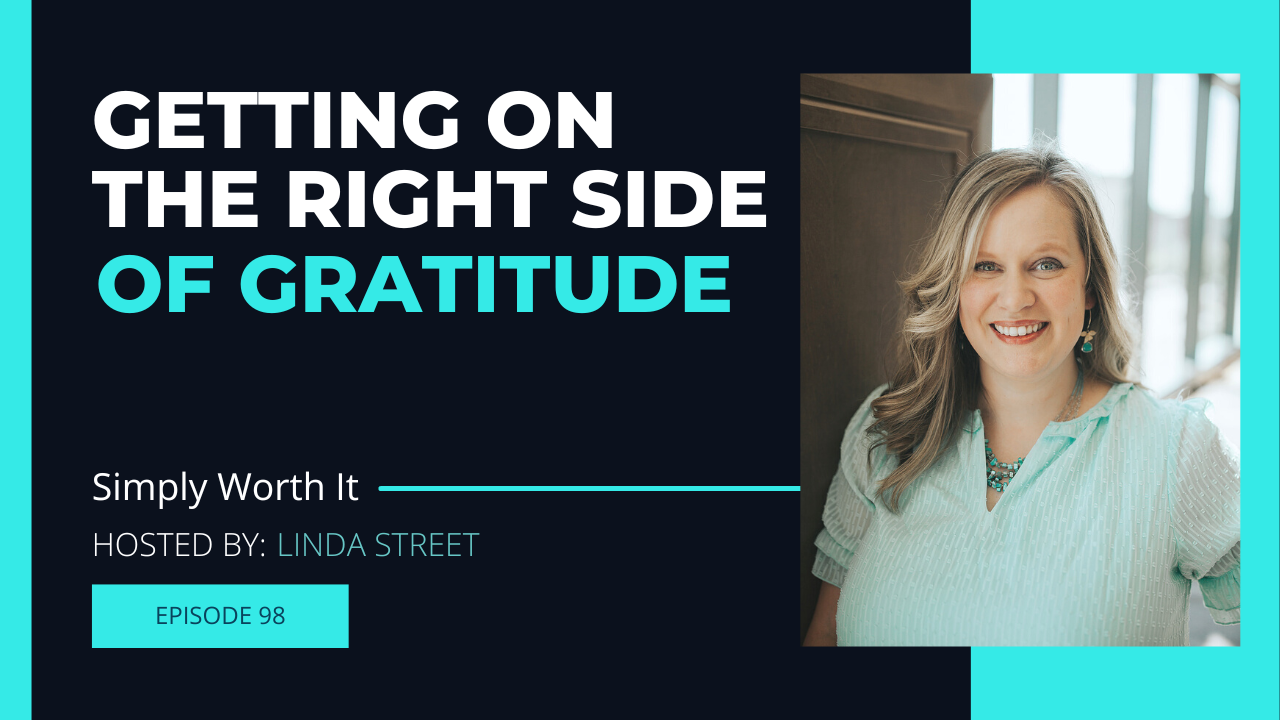
Gratitude is one of those things we’re socialized to believe is always positive, but there’s a lot more nuance to it.
Sometimes saying thank you can go a long way, other times we use gratitude as an excuse to not ask.
What are the advantages of showing gratitude?
Where can gratitude take a turn for the negative?
In this episode, I talk about how to make sure your ‘thank you’ is working for you and not against you at the negotiating table.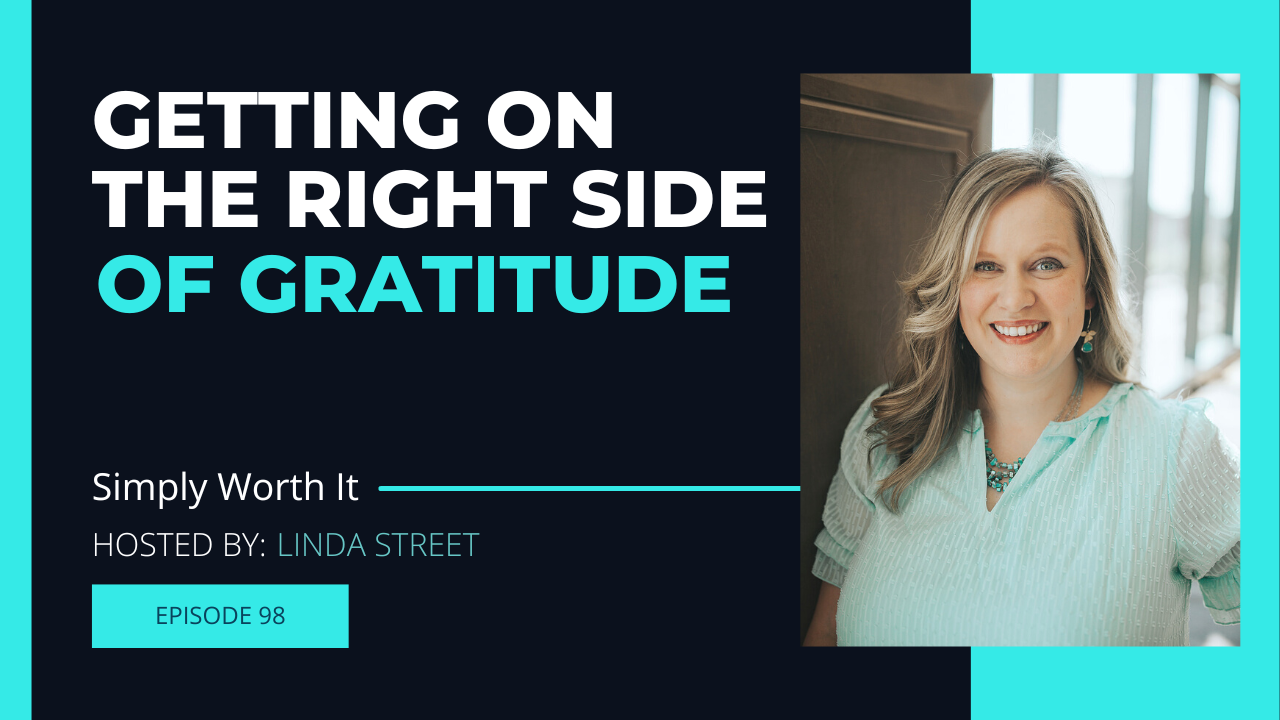
Three Things You’ll Learn In This Episode
- A powerful way to bridge your ask
How can we use gratitude to melt the ice in a negotiation? - The built-in social capital of negotiation
Why is it so important to express gratitude to the people who help pave the way to a great outcome? - Where gratitude hurts your goals
Can gratitude keep us trapped in a job that’s not serving us?
They Can’t Read Your Mind: How to Communicate What You Need From Your Job
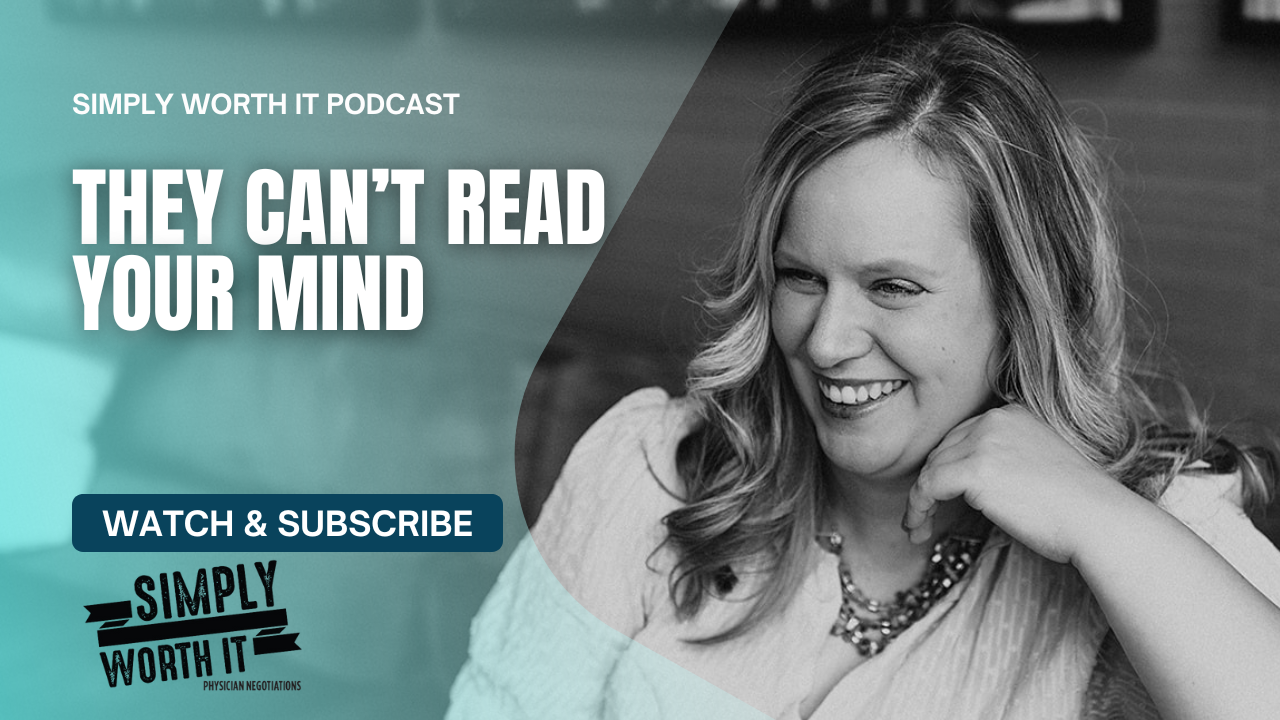
To have a job that truly serves us and allows us to thrive at the highest level, certain boundaries and conditions need to be present.
We may be acutely aware of what these things are for ourselves, but our employers can’t read our minds.
We have to express our unique needs and spell them out so we can get the support we need to thrive in our jobs.
How do we get key decision-makers to understand the day-to-day challenges we have in our jobs and the improvements we need?
In this episode, I talk about how to express what you require to be your best (and happiest) at work.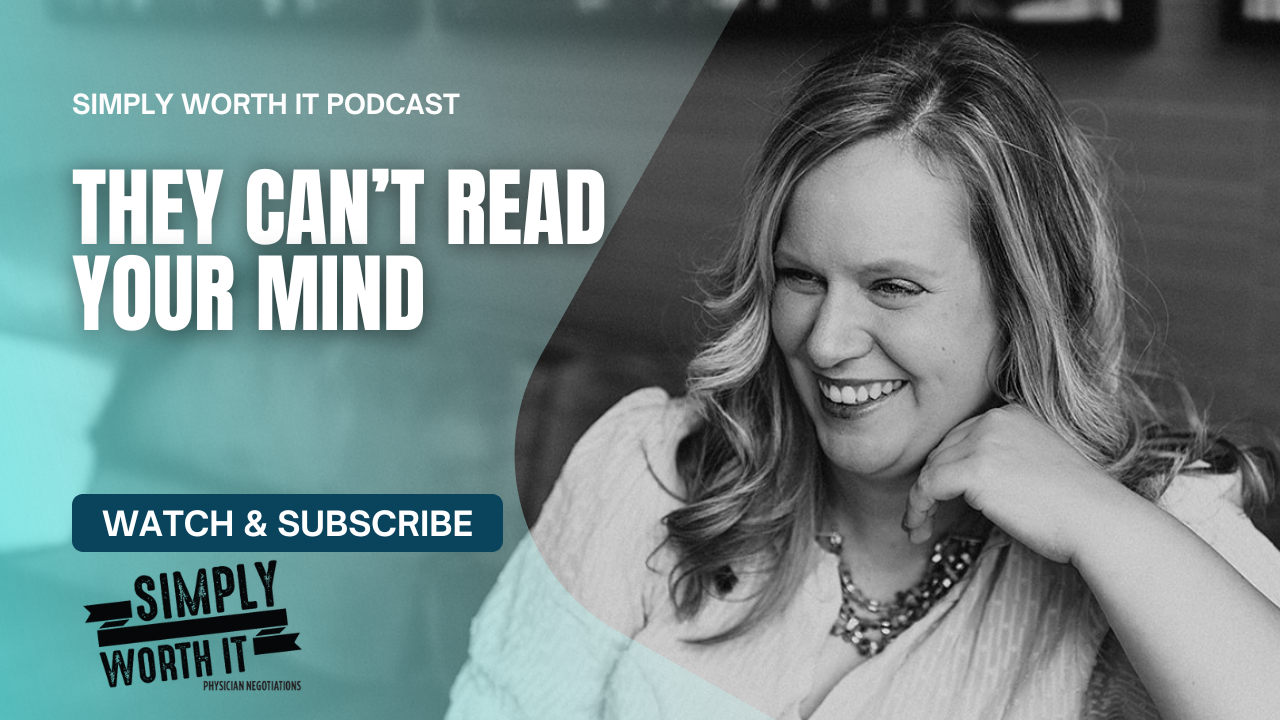
Three Things You’ll Learn In This Episode
- Why our employers might not understand what we’re dealing with
The people who make the decisions on what our day-to-day looks like are removed from our everyday clinical work. How do we let them in on what we’re experiencing in a way they will understand? - What we need to perform optimally
How do you maximize the things you’re best equipped and most happy doing and minimize th...
Victory Hangovers: What to Do When a Huge Win Feels Underwhelming
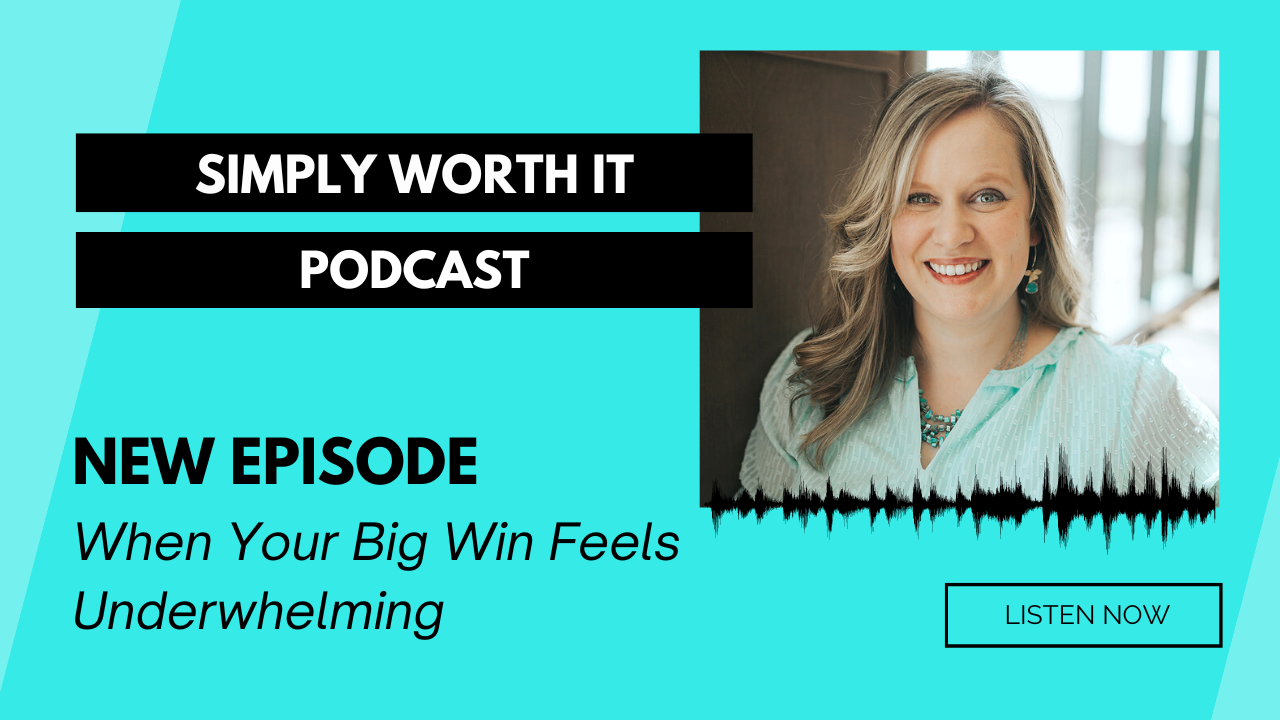
Big wins, leaps, and accomplishments are often associated with endorphin-rich highs and tons of elation, but what happens when the joy is short-lived, and we’re left feeling a little underwhelmed about the whole thing?
Sometimes the after-effect of a win is more anticlimactic than we thought it would be, and that’s totally okay.
Victory hangovers are a natural part of growing as a person, we won’t always have the warm and fuzzies when we achieve something great.
How do we deal with all the feelings that come with a win?
In this episode, we talk about why we feel low after doing something really great.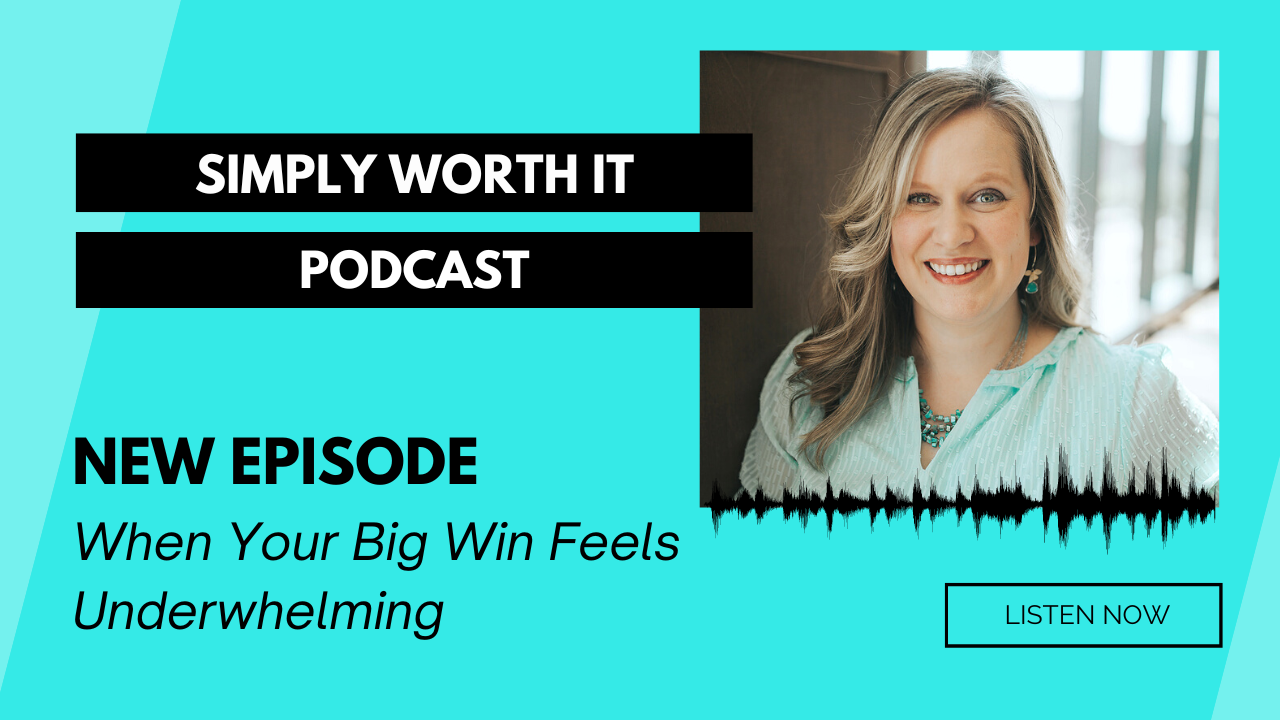
Three Things You’ll Learn In This Episode
- Why moments of accomplishment bring up unexpected feelings
A huge part of growth is adjusting to a new set point for ourselves - is that what makes a win feel anticlimactic? - How to avoid a spiral into full-on negativity
After a victory, our brains may offer less-than-helpful thoughts that can sabotage us, how do we shut them down? - Embracing th...
Does Your Body Language Match Your Ask? A Guide to Non-Verbal Influence
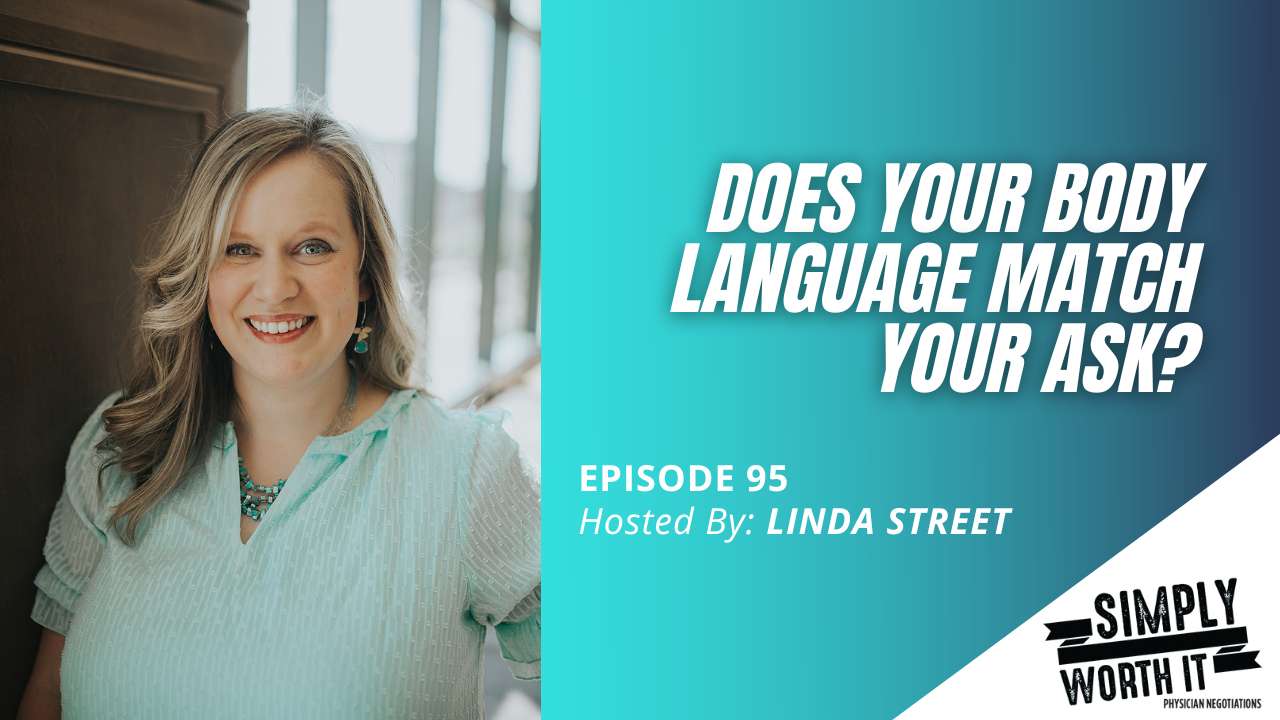
When we show up to a negotiation (or any conversation for that matter) it’s not just the words we say that make the ask, our body language does some speaking of its own too.
If we’re making a big, bold ask, but our body language screams small - our words won’t pack as much of a punch, making it very confusing for the person on the other end.
How do we create more alignment between our words and our body language? How do we make sure our confidence is equally heard and felt?
In this episode, I share a golden nugget from Kasia Urbaniak’s Unbound: A Woman's Guide to Power and how to fine-tune our non-verbal communication skills.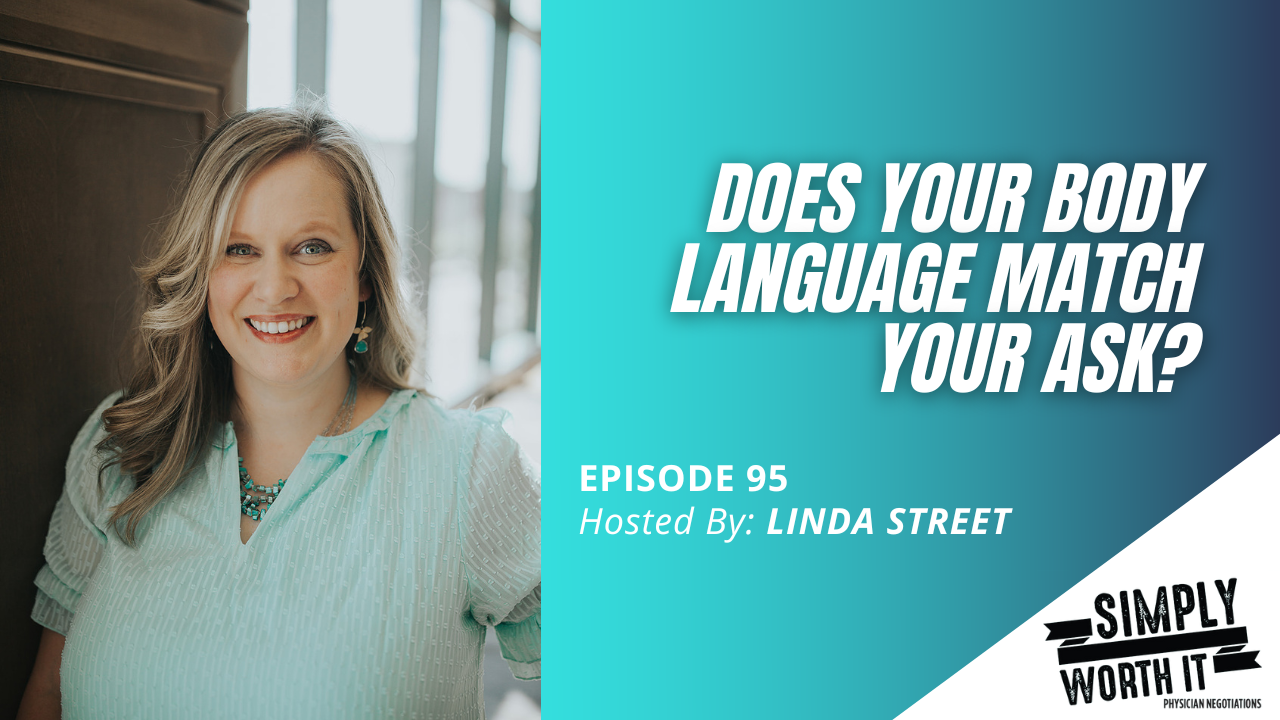
Three Things You’ll Learn In This Episode
- How to enter a negotiation with dominant energy
How do we make sure the energy of influence is going outward to the person we’re making the ask to, instead of being internalized? - Why body language carries into our voices
In a virtual setup, can our body language be palpable even if it’s not visible? - How to exude confi...
How to Wear Your Boundaries Like Armor & Protect What Matters Most...Your Health with Dr. Sasha Shillcutt

Boundaries are associated with protecting ourselves from negativity, and even great things can become toxic without boundaries.
Many of us love our jobs, but because we have so much on our plates, we’re always one stressful moment away from completely falling apart.
In healthcare, it feels like we’re caught between accepting burnout as part of the job and quitting entirely.
So is there a happier medium?
How do we overcome this internal tug-of-war between what’s healthy for us and what burns us out?
In this episode, I’m thrilled to be joined by the founder/CEO of Brave Enough and author of “Brave Boundaries: Strategies to Say No, Stand Strong and Take Control of Your Time” Dr. Sasha Shillcutt.
She shares how to set boundaries so we stop over-functioning and stretching ourselves too thin. 
Three Things You’ll Learn In This Episode
- Where our over-functioning stems from
Could our struggle with boundaries have little to do with ego or an over-identification with our careers? - The first bo...
How to Break Out of Binary Thinking & See the Infinite Possibilities
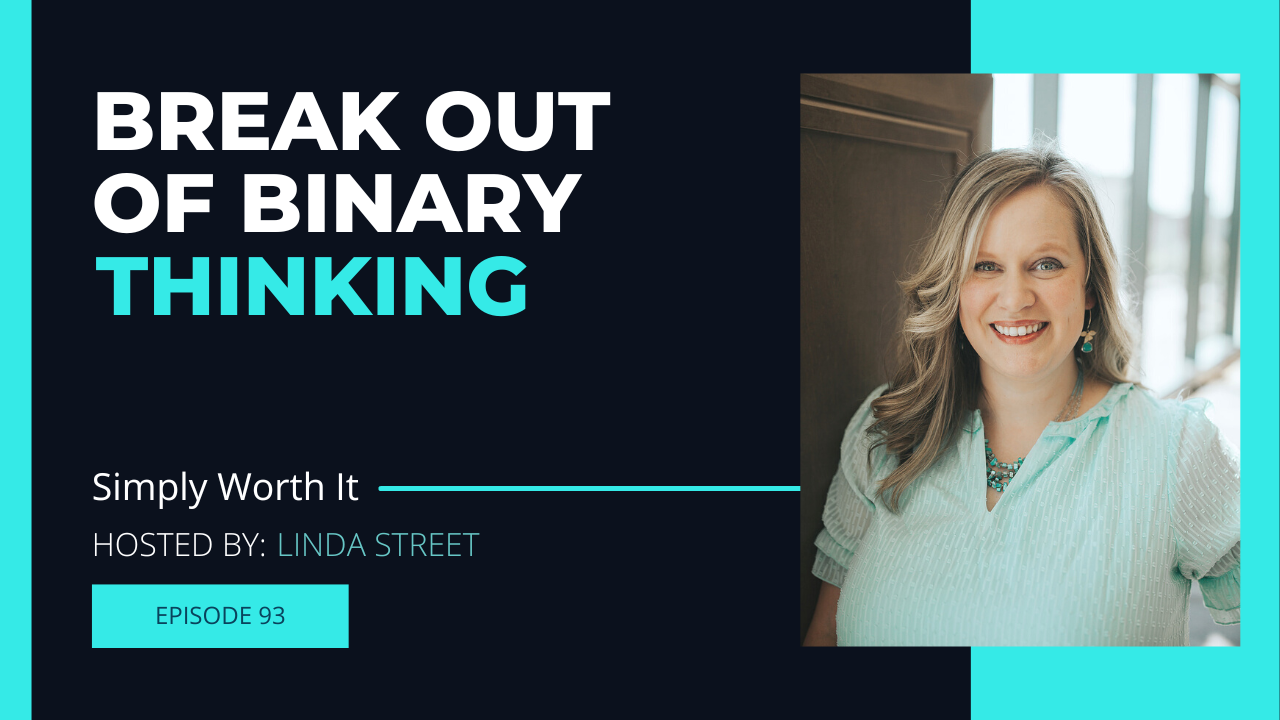
All-or-nothing, dichotomous thinking is a little evolutionary trait that all human beings have.
Though it can be helpful in many scenarios, it can be limiting at the negotiation table.
When it feels like win or lose are the only options available to us, it makes us blind to the fact that there could be a third, fourth, or even fifth possibility worth exploring.
How can we break ourselves free of constrictive thinking, look at our situation differently, and come up with other possibilities?
In this episode, I’m talking about how to break out of the trap of all-or-nothing thinking and take the blinders off.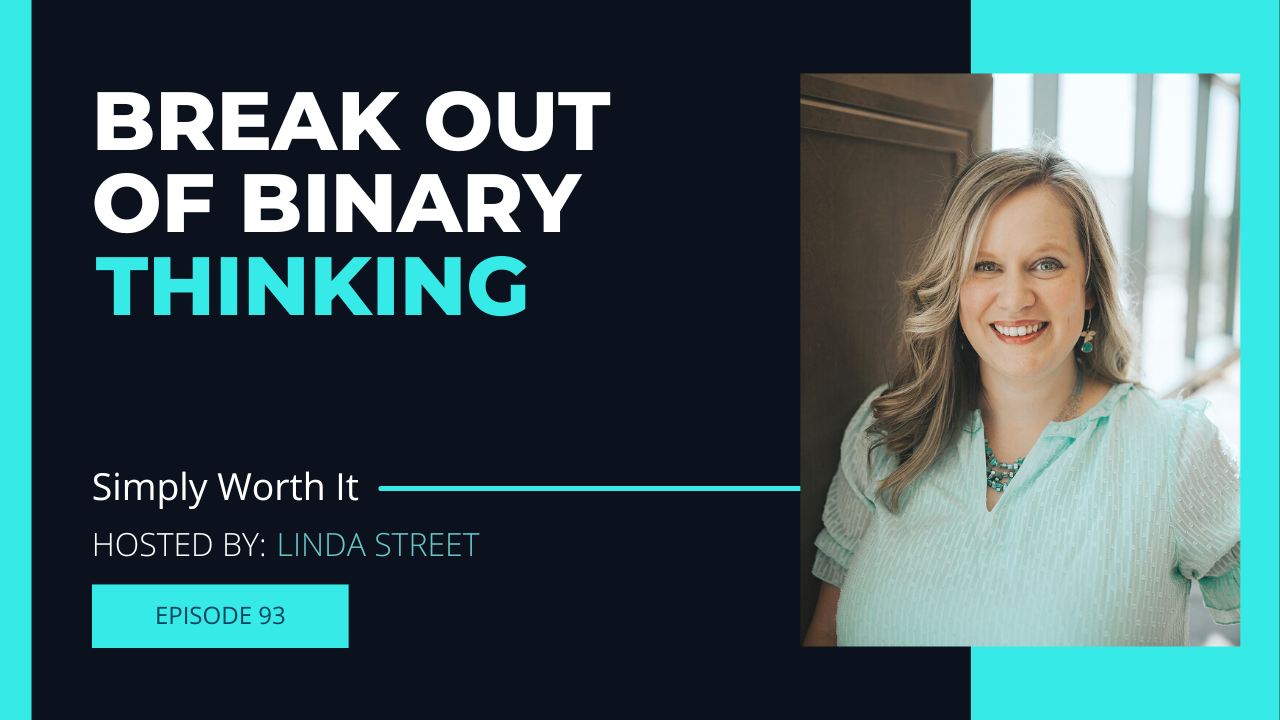
Three Things You’ll Learn In This Episode
- How to unlock infinite possibilities
When we’re presented with two options, how do we carve out another lane for ourselves? - The trap of all-or-nothing thinking
When we operate with blinders on, what could we be missing out on? - Why we have to focus on what’s best for us now
Could thinking that we have to make a forever-decision limit us?

